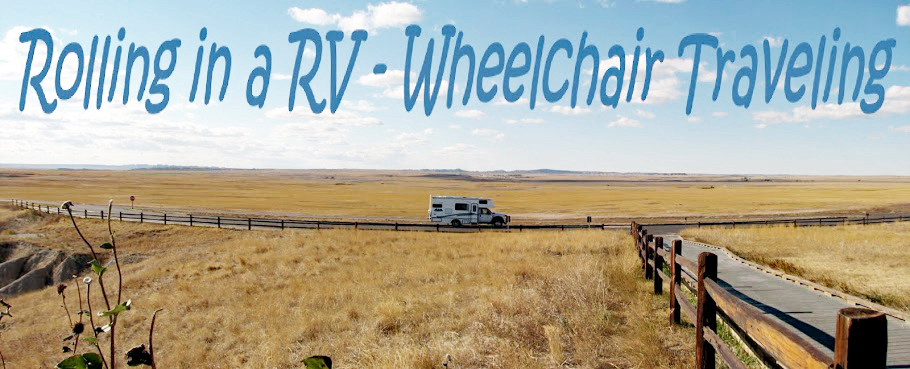In the late 1800s, when Florida was mostly agricultural land or wetlands, winter retreats in the other southern states were booming. Wealthy New Yorkers built hotels and cottages in Georgia and South Carolina, often forming colonies and socializing with the same people that they knew in the north. Aiken, South Carolina became a wintering spot in the 1890s with large tourist hotels, dozens of cottages, horse racing tracks. and polo fields. Many of the cottages, which in reality are large estates, still exist as do the horse racing tracks and polo fields but only one grand hotel escaped fire or demolition. The museum building started out as a small house built in 1861. It grew to 3,500'square feet as new owners remodeled. In 1931 the entire house was moved and received a large addition bringing the square footage to 14,000 which included 32 rooms and 13 bathrooms. Over the years the building was used for various purposes including a boarding house and a college. Today almost of the rooms have exhibits covering the history of the county. A large quilt show filled many of the rooms during our visit - amazing works of artistry! One exhibit of particular interest is an printing kit that was supplied to teachers in rural areas so that they could print worksheets for their students because books were scarce especially in black schools. The museum has three floors. There isn't an elevator so the first floor is the only accessible floor. The main entry is not accessible but there's button to push at the side doors where there's short ramp and doors that open in. The parking area is very small. The closest parking where RVs will fit is on New Lane. There are more spaces on the streets that circle the property but the trek to the museum is uphill. Museum 33.5545, -81.72505












That is one HUGE hotel in the photo. You have to wonder sometimes how people got so durned much money to afford such grandiosity. (robber barons?)
ReplyDeleteYes, I think most of them were robber barons who could afford to waste money.
Delete